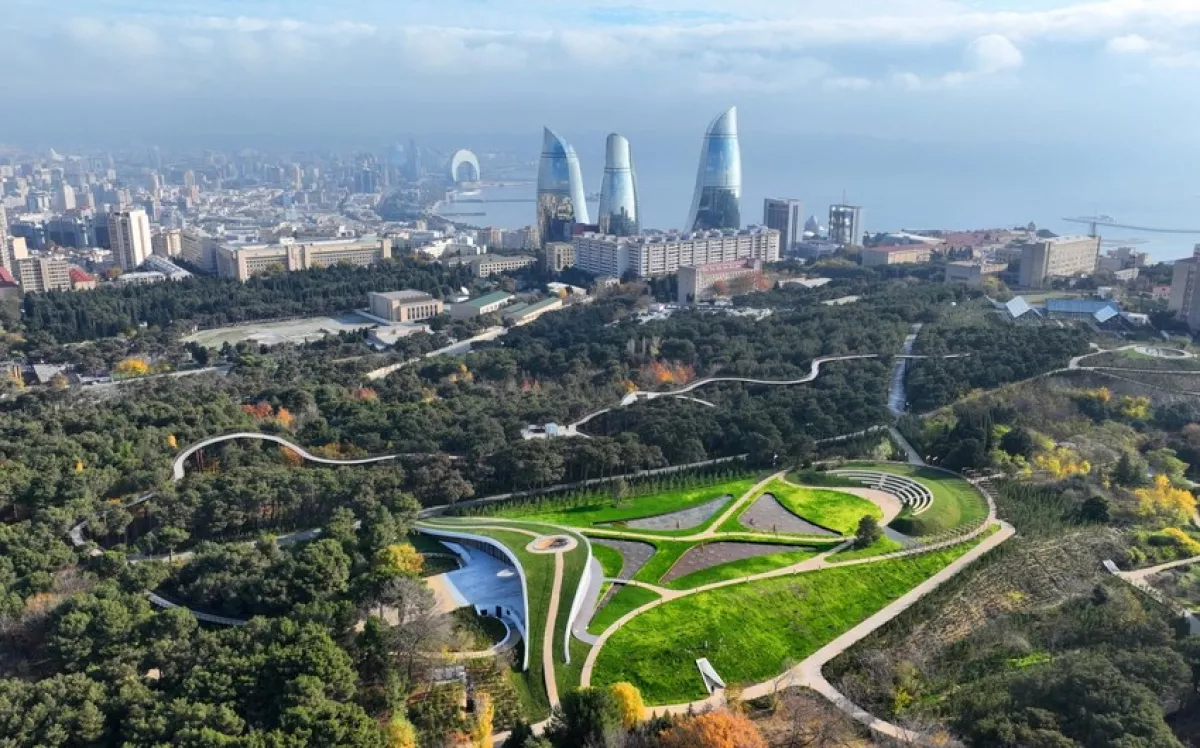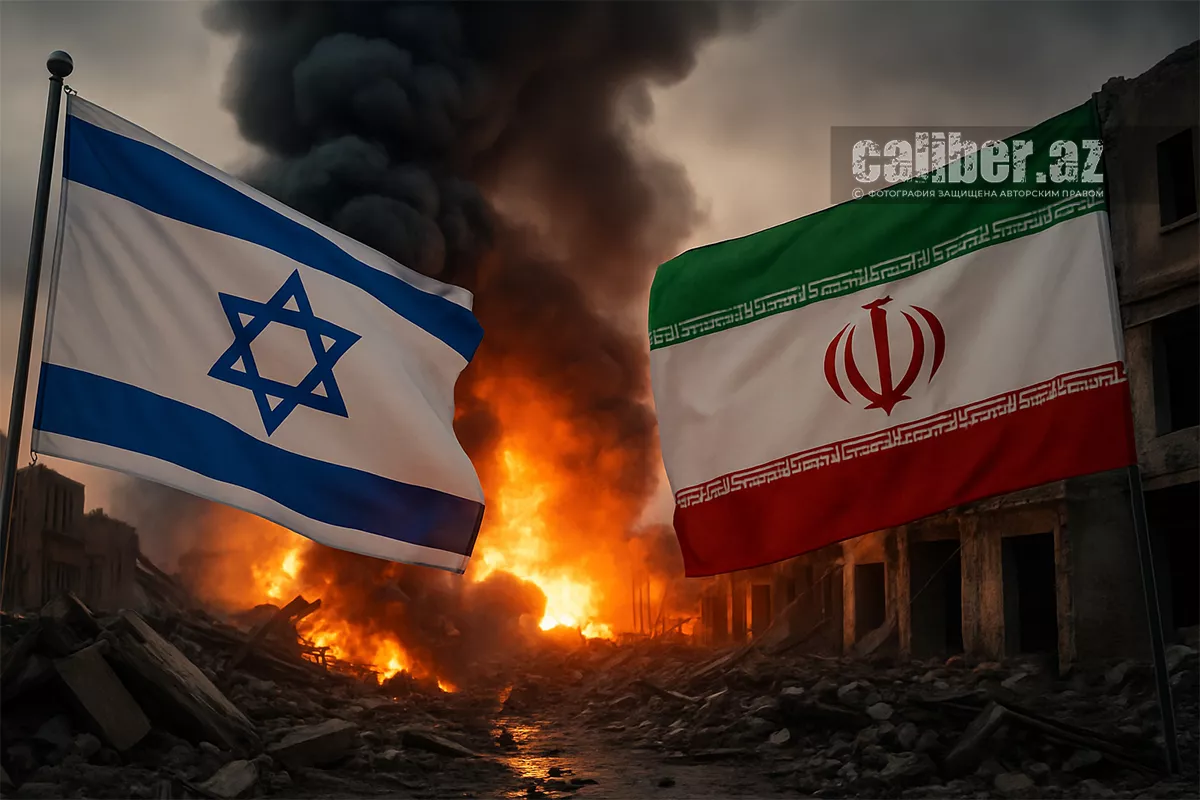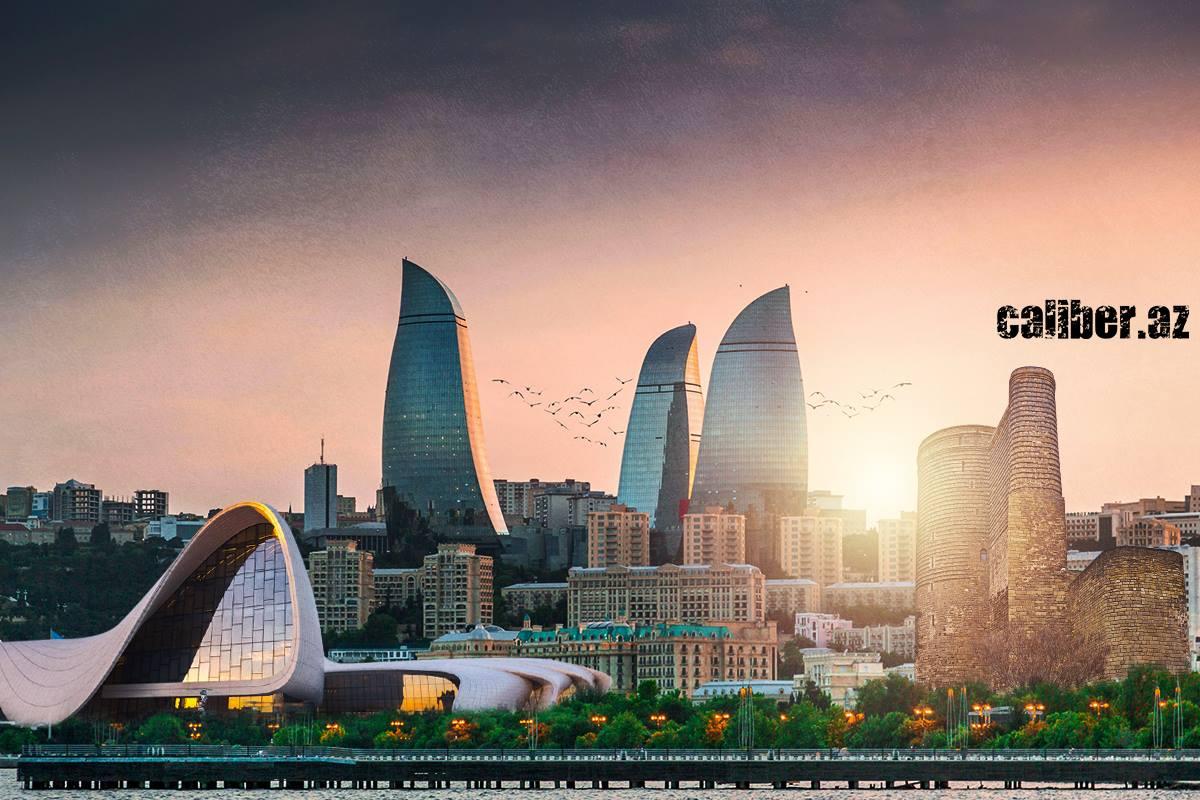Azerbaijan navigates regional fault lines Stability in an unstable region
Author’s note: This text was prepared several days before the U.S. strike on Iran’s nuclear infrastructure. The subsequent developments have only confirmed the assessments presented in this article and made the risks discussed even more relevant. Amid the rapidly deteriorating regional situation, Azerbaijan’s role as a restrained and strategically minded player becomes all the more significant.
The armed conflict between Israel and Iran presents new challenges while simultaneously opening strategic opportunities for the countries of the South Caucasus. Azerbaijan, situated at the epicentre of these transformations, has drawn the attention of both regional and global actors. Despite mounting pressure and heightened risks, Baku continues to demonstrate composure and strategic discipline, shaping its foreign policy based on pragmatism and sovereign decision-making. Azerbaijan’s southern border with Iran — a historically sensitive area — is gaining particular importance against the backdrop of current instability. However, rather than becoming entangled in confrontation, Baku remains committed to a policy of diplomatic restraint and peaceful dialogue.

Speculation in the public sphere about an “Israeli military presence on Azerbaijani territory” has intensified, yet such claims lack any evidential basis and are being used as tools of information pressure. Azerbaijan maintains cooperation with various countries, including Israel, based on mutual interests, transparency, and respect for sovereignty, while avoiding entanglement in unilateral alliances.
The intensification of Iranian propaganda—relying on appeals to Shiite identity and accusations that Azerbaijan has “betrayed Islamic brotherhood”—fails to achieve its intended goals. Azerbaijan remains a secular, multi-ethnic state where freedom of religion coexists with robust mechanisms for countering external interference.
According to various estimates, between 30 and 40 million ethnic Azerbaijanis live in Iran, and any escalation could increase the humanitarian burden on the region. Nevertheless, Azerbaijan remains focused on maintaining its own stability and security, without taking on expanded humanitarian obligations that lie beyond its national interests.

The potential spillover of the conflict may put pressure on neighbouring countries: Armenia could amplify humanitarian rhetoric to mobilise international support; Georgia may find itself torn between its pro-European orientation and the need for regional caution; and Russia might seize the opportunity to strengthen its influence in Armenia and the North Caucasus under the pretext of providing security.
Against this backdrop, Azerbaijan continues to pursue a policy of strategic balance, avoiding excessive alignment with any single power centre. Western countries increasingly view Baku as a reliable partner in matters of energy security, digital resilience, and regional coordination.

At the same time, Azerbaijan maintains its independence in decision-making, shaping its foreign policy free from external pressure. A key element of Azerbaijan’s regional role remains its participation in the Middle Corridor, which connects East Asia to Europe.
While threats of destabilisation may impact transport and logistics routes across the Caspian and the South Caucasus, Azerbaijan is actively strengthening its infrastructure and security systems to safeguard strategic supply chains.
Thanks to its unique geopolitical position, Azerbaijan is well placed to serve as a mediator and a bridge between East and West. Baku continues to engage in constructive dialogue with key international and regional actors and can play an important role in de-escalation and regional stabilisation efforts.
Today, Azerbaijan stands at the crossroads of threats and opportunities. On one hand, it faces mounting pressure, southern instability, and an increasingly uncertain external environment; on the other, it has the chance to enhance its international standing and become a central pillar of stability in the South Caucasus.
Through cautious diplomacy and an active regional posture, Azerbaijan is capable not only of maintaining its resilience but also of positioning itself as a key actor in the emerging Eurasian security architecture.
Igor Bakulin, sociologist, Melbourne — exclusively for Caliber.Az








